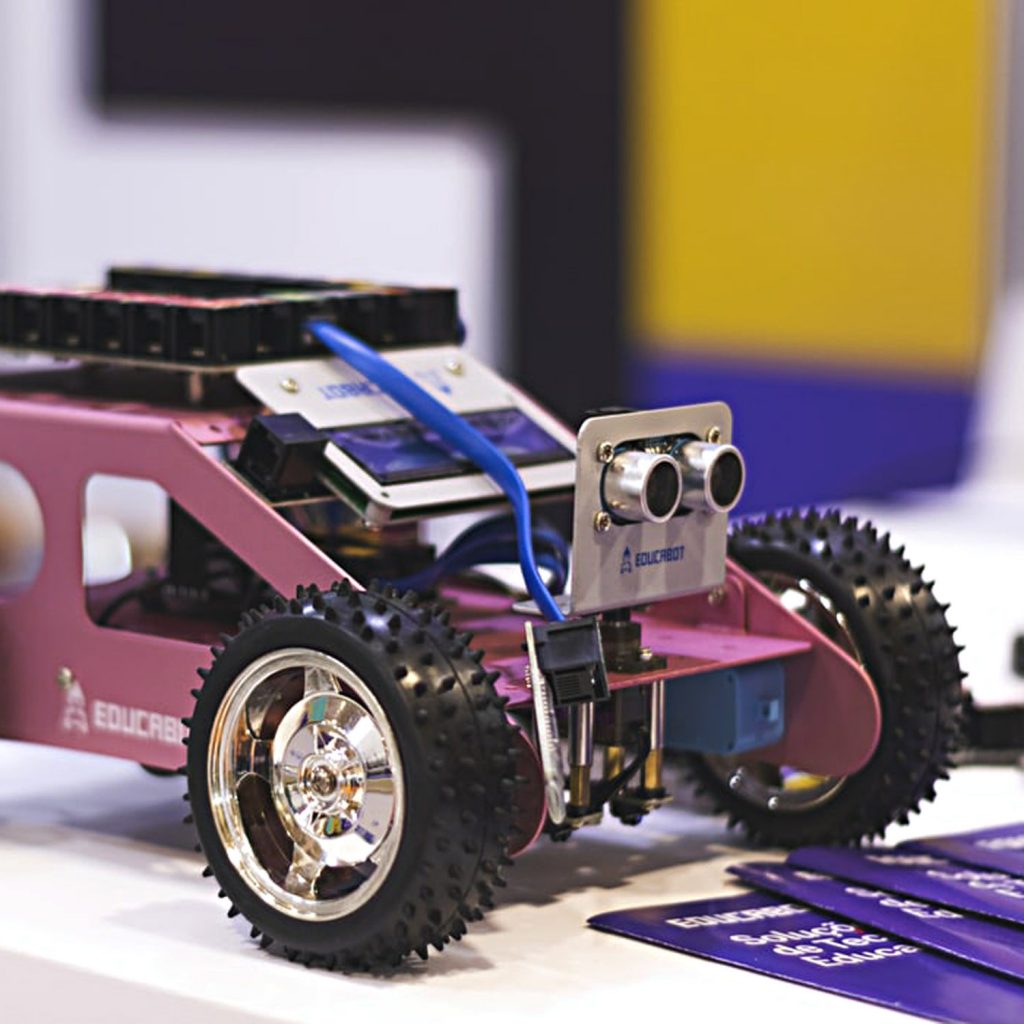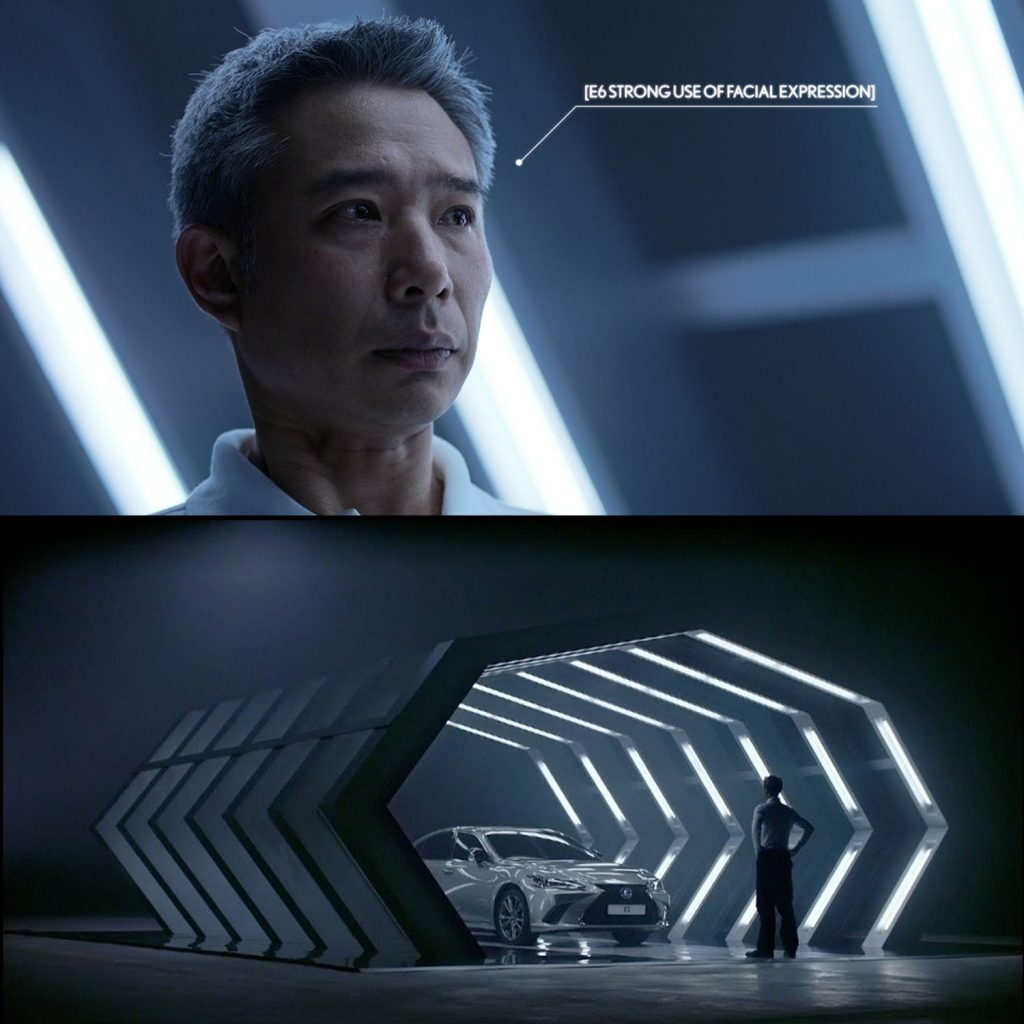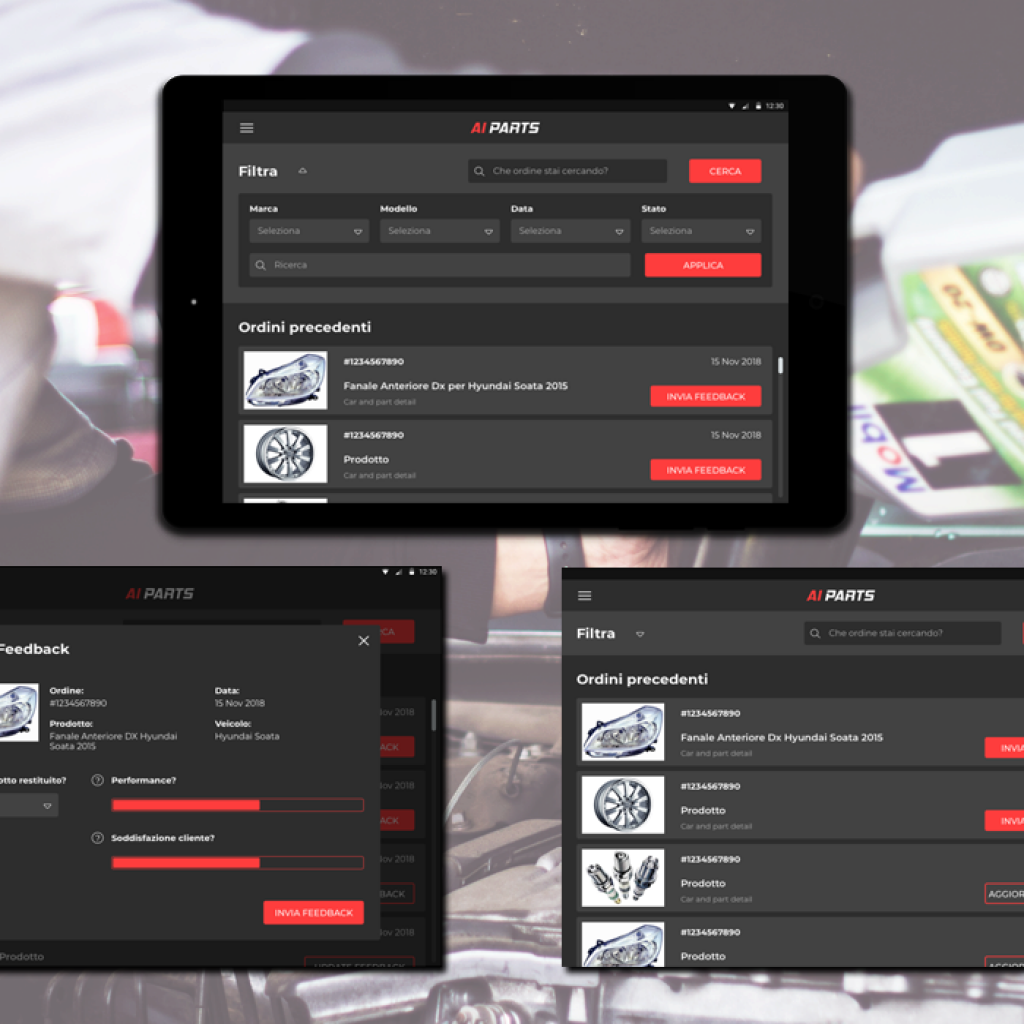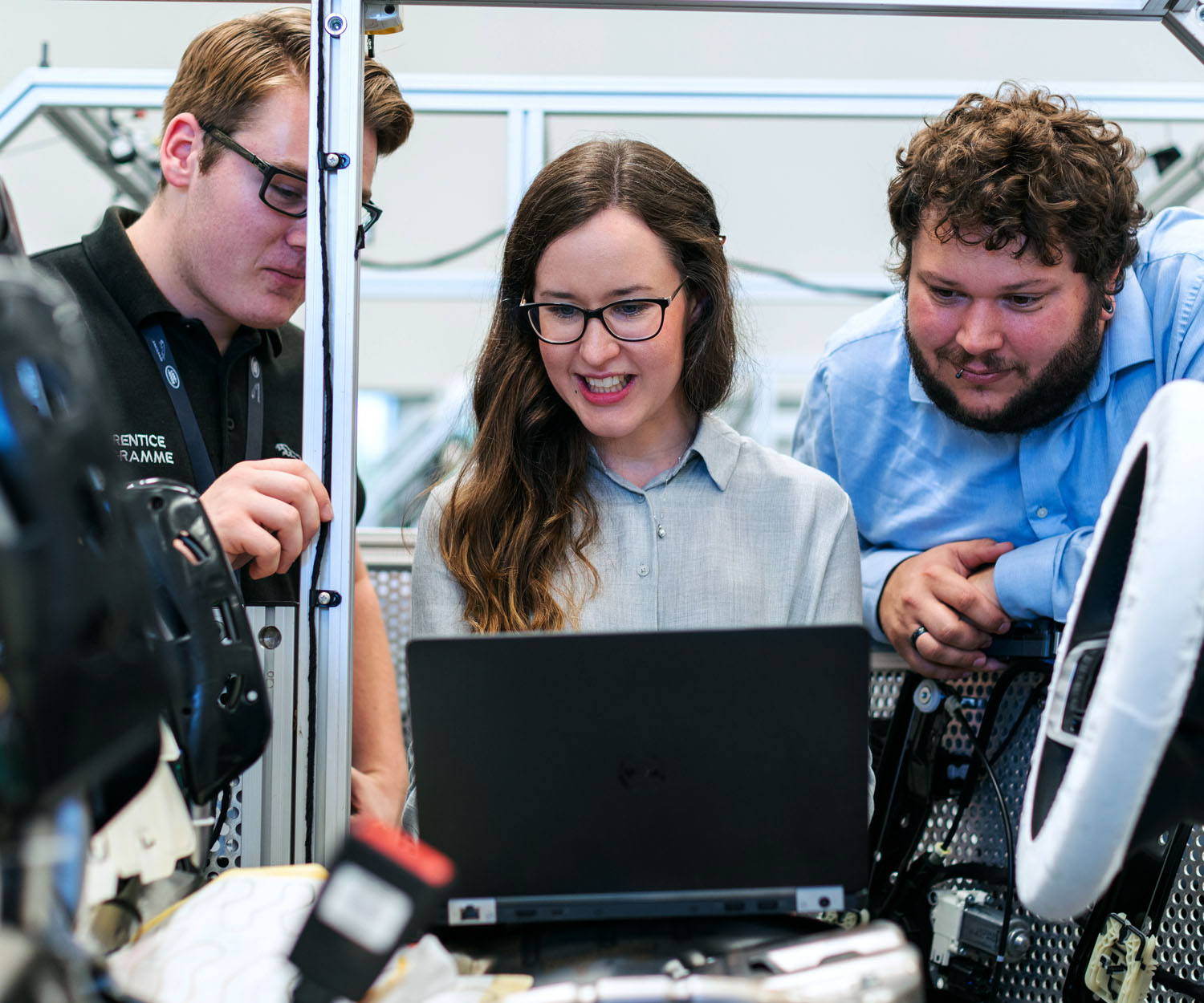In the past two decades, the automotive industry has relied heavily on emerging technology to lure car buyers.
With pressure from the success of newcomers like Tesla, legacy brands like Toyota, Ford, and GM saw how “high-tech” attracts customers. For global consulting agency McKinsey, AI is the automotive’s industry “new value creating engine” and right here at AI Parts, we are building products that use AI to unlock brand new value in the automotive maintenance industry.

With some $11.2 billion poured into AI by car manufacturers, it’s hard to imagine a future without it. So how and where exactly is AI revolutionizing the automotive industry?
1. Autonomous Driving and Driver Assist
This technology is probably the most subscribed-to field of automotive AI. Batmobiles and spy cars in movies have turned self-driving cars into a global dream. And now, driverless cars are here.
Beyond cinematics, self-driving cars make transport safer and smarter for everyone. With AI’s ability to handle larger data streams and make decisions in a snap, it can cut traffic congestion, reduce car emissions, and even change the concept of car ownership altogether.
Carmakers are taking huge steps to make this a reality. Just check out Tesla’s onboard AI computer with a proprietary chip and 16 billion transistors. But tech being ready is just half the story. It’s still hard for people to let go of steering wheels.
To ease the transition, many carmakers are rolling out AI-powered driver-assist systems. Today, there are plenty of cars with smart assist technology for under €27,000.00. While they can’t steer a car, they make driving safer for more users every day.
2. Design and Manufacturing
The first step in manufacturing is designing a car. Two years ago, AI did just that. The Hack Rod is the first-ever vehicle designed by AI by just processing information on existing vehicles. Beyond automating design, AI’s modeling capabilities will also speed up prototyping, testing, and evaluation.

In manufacturing, AI has proven its worth in quality control. Ford is already using AI for monitoring car seat production. In F1 development, AI even takes a more crucial role by spotting weak communication between members of the design team.
On factory floors, AI can oversee human-machine interactions and identify risks before damage can occur. Strategic scheduling and complex process management are perfect tasks for machine learning systems. Paired with robotics, it’s easy to see AI’s potential in automotive manufacturing as boundless.
3. Marketing and Sales
Back in 2018, Lexus used AI to write an ad based on award-winning presentations from other products. Now, imagine the same technology building an ad for every customer using their personal data. Tailor-made ads for customers could be the future of car advertising.

AI in marketing is about data crunching. Capturing and engaging car buyers begin at knowing as much as possible about them. How companies use and react to the increasingly personal information available online will be key in capturing the distracted consumer of the future.
The personalized approach goes beyond ads. With neural language processing (NLP) like the one used on Saidtext, chatbots can provide bespoke advice. They can answer customer questions, send follow-ups, and assist buyers until they make the purchase with minimal human intervention.
4. Predictive Maintenance
Maintenance is a huge part of the automotive industry. With AI, maintenance will shift from being reactive to predictive. The AI Parts predictive maintenance dashboard wants widespread access to this technology.
AI’s superior prediction capability makes it easy to forecast exactly when car components reach the end of their service life. With data from lab testing, environment, car use, and a host of other factors, such analyses report in easily actionable instructions. AI in maintenance will mean less breakdowns and greater longevity for cars.

Predictive maintenance also leads to greater parts availability and less downtime for car owners. With AI Parts’ Techpro, auto mechanics will be choosing the best-performing replacement parts while understanding trends in customer demand.
5. AI in customer experience
AI can turn cars from tools into collaborators. Imagine stepping into a stranger’s car and your music plays, displays show your favorite clips, and the lights shift to a familiar hue. AI-powered cars will learn every person’s riding preferences, react to stress levels, and even driver mood. Imagine this personal experience every time you carpool or take a cab.
AI will also improve the aftersales service. AI-powered chatbots can provide instant replies and handle complex customer queries. Stronger AI implementation will not only increase efficiency but will allow customers to enjoy a more tailored service.
A Future That’s Already Here
Many of the world’s largest companies now rely on AI and the automotive industry is now catching up the best way it can – at breakneck speeds. Once called out for being “slow” on capitalizing the benefits of emerging technologies, the automotive industry is now poised for a transformatio.
Here at AI Parts, we’re playing our part. We’re leveraging AI and machine learning to benefit car owners in ways rarely seen before. With smarter predictive maintenance, the potential impact on customer experience, safety, and on the environment will be remarkable.





